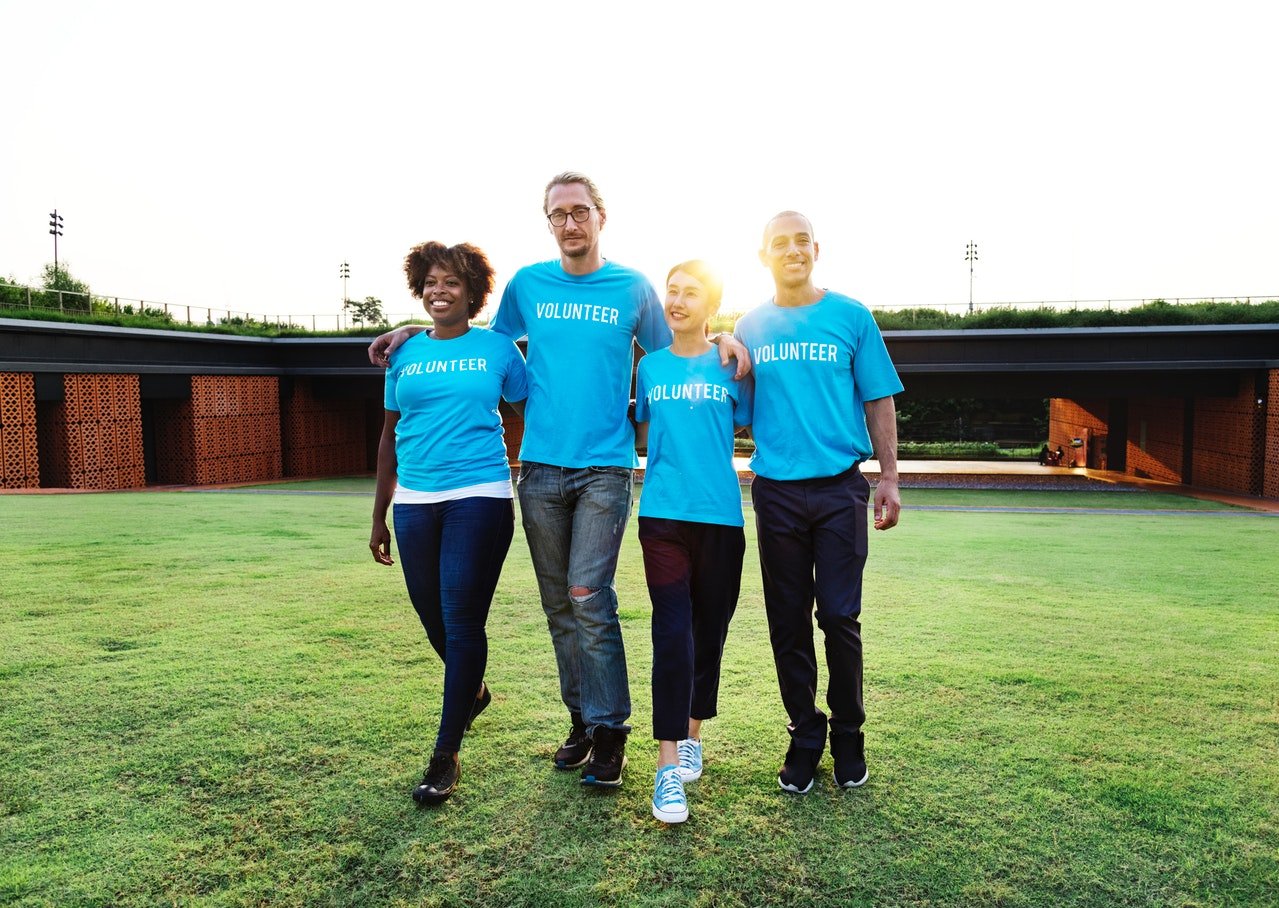How to Build Rapport
When you are trying to develop rapport with others, make the Oxford Dictionary definition your mantra: “a close and harmonious relationship in which the people or groups concerned understand each other’s feelings or ideas and communicate well”.
What does it take to accelerate “close and harmonious” communication with those you want to build strong and trusted relationships? STL takes a look at some simple but powerful strategies that help us to build rapport.

First Impressions Count
As with many business activities such as Negotiations, the way we appear and present ourselves matters. Your appearance helps you to connect with people and to lay the foundation of the relationship.
Matching your image to that of the people you are meeting suggests that you are, “one of a kind”. Ensuring you arrive in plenty of time for the meeting will set the tone. This applies not only to the meeting but also to the relationship.
Non-verbal Communication Engages OTHERS
The value and impact that a skillful and natural use of gestures, eye contact, facial expressions and a dynamic voice can have, is key. In global business situations, smile from time to time and look people in the eye when you are speaking.
You may have an especially important point to make. If so, you could raise your voice, slow your pace, or add a physical gesture to emphasize it. Good posture is important to convey confidence and gives others a sense of confidence.
Mirror and match your counterpart
However, if you are only concerned with your own image and body language, there won’t be alignment with your counterpart, which could alienate them.
Remember harmony?
You can generate rapport through harmonious communication. That means watching how the other person acts and interacts and matching their style. Also, take note of their facial expressions and try to respond in kind.
If they lean in and nod as you speak, you could mirror that by acting in the same way and using affirmative statements to encourage them.
Finding Common Ground
Once rapport is established, don’t stop there. Whether you are making small talk, getting to know your counterpart, or in the cut and thrust of a serious discussion, identify common ground. This can help you to take the rapport-building process to the next level.
Exploring shared topics is something that naturally excites people because it very quickly leads to more common ground, common acquaintances, and surprises.
Most importantly perhaps, people like to talk about themselves. Topics of shared interest enable you to demonstrate genuine interest. This helps to overcome the hidden barriers and develop warm and reciprocal conversations.
In Summary…
Relationships take time to build. Developing rapport with others can help you make quick gains. By ensuring you make great first impressions, using engaging non-verbal and vocal techniques, matching your counterpart, and finding common ground you can build rapport quickly and lay a foundation for strong relationships.